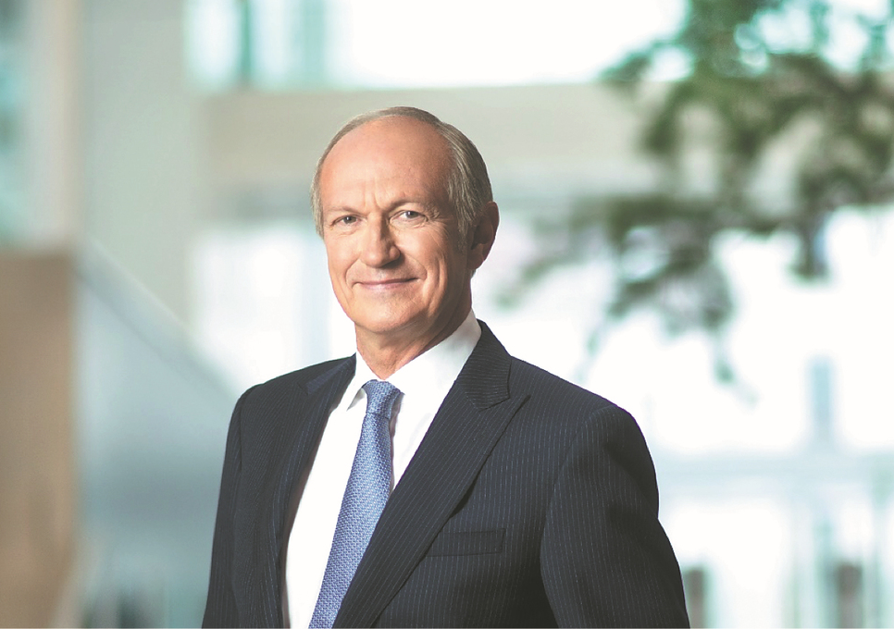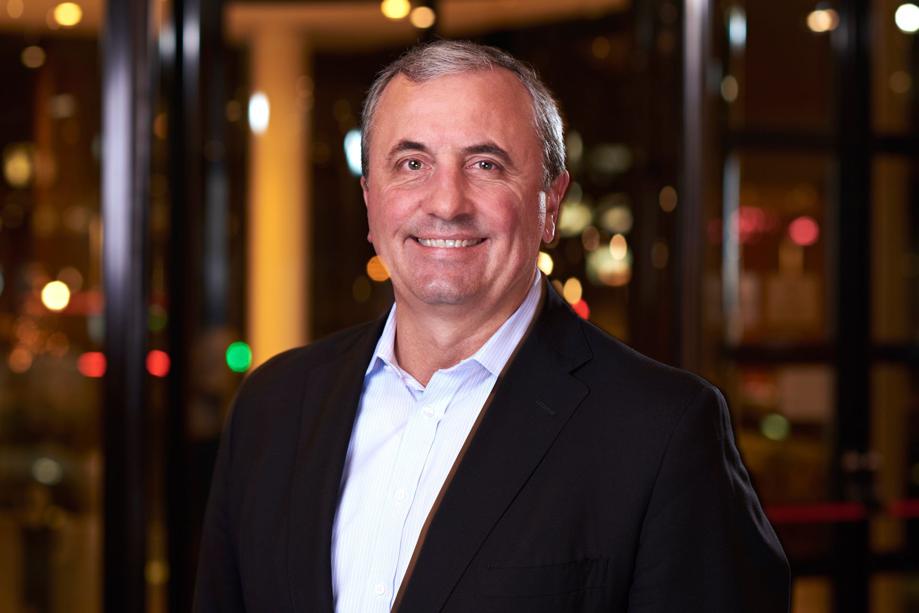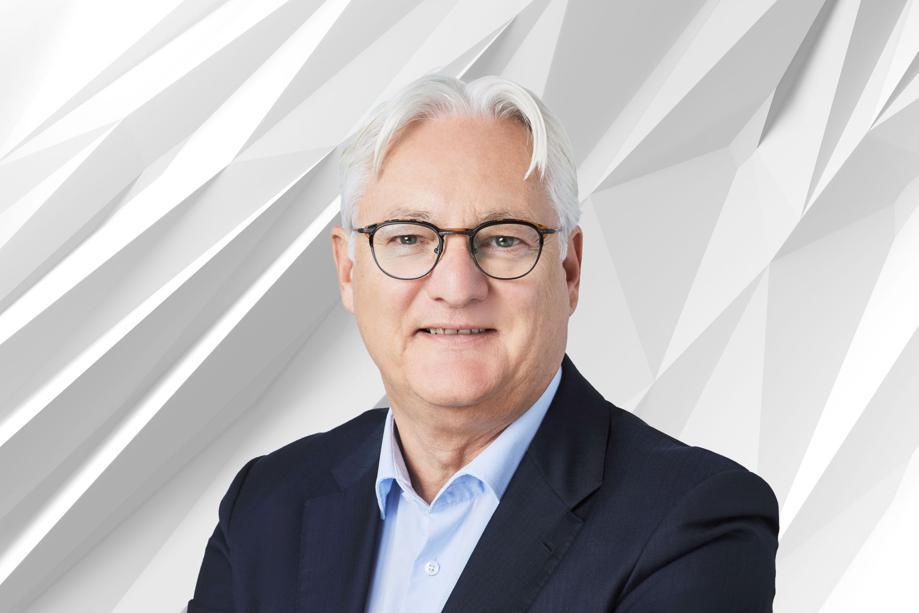IBLAC attendees share thoughts on Shanghai's green development
Industry leaders shared their views on green and sustainable development at the 34th International Business Leaders' Advisory Council for The Mayor of Shanghai (IBLAC) forum held on Friday. Initiated in 1989, the IBLAC forum has grown into an international think-tank for Shanghai mayors.
Themed on "green, low-carbon development on urban sustainability" this year, the IBLAC has gathered 40 senior executives from 16 countries and regions to attend the online forum. Here are some of their views and suggestions.

Jean-Paul Agon, chairman, L'Oréal. [Photo provided to chinadaily.com.cn]
In the future, we envision three critical roles for the Shanghai municipal government: as a "blueprint planner", bolstering standards enforcement and regulation to support sustainable consumption and sci-tech innovation; as an "industrial enabler", providing targeted support for critical elements that underpin sci-tech innovation in sustainable consumption; and as a "best practice advocate", setting a benchmark for others to follow with flagship initiatives.

Robert Maersk Uggla, chairman of board of directors, A.P. Møller - Maersk. [Photo provided to chinadaily.com.cn]
Maersk has decided on green methanol as the preferred near-term solution to enable green shipping. As the world's largest port and a key node in Maersk's global network, it has been an obvious decision for Maersk to seek to identify partnerships in Shanghai. Fortunately, the aspirations of Maersk in terms of enabling green shipping are aligned with the thinking of institutions in Shanghai, and Maersk has found a partner in Shanghai in the Green Technology Bank (GTB). Together with GTB, Maersk hopes to take the lead in building the first biomass methanol production plant in Shanghai. The first phase of the project is expected to be put into operation in 2024. The plant is expected to be the largest biomass methanol manufacturing plant in China at present.

Carmine Di Sibio, global chairman and CEO, EY. [Photo provided to chinadaily.com.cn]
Shanghai should take the China carbon emission trade system as a grip, further the construction of China's carbon trading market to accelerate the development of derivatives and carbon finance, and expand innovative trading patterns such as pollution discharge rights and energy conservation. All while actively playing the guiding role of market mechanisms in green technological innovation and green industrial development to enhance the capacity for establishing green innovation, and build a market-oriented green technological innovation system by cultivating and strengthening the main body of green technological innovation, strengthening the green technological innovation guiding mechanism, promoting the transformation and demonstration application of green technological innovation results, optimizing the green technological innovation environment and deepening the opening up of green technological innovation to international cooperation.

Maurice R. Greenberg, chairman and CEO, Starr Companies. [Photo provided to chinadaily.com.cn]
Improving the ESG disclosure environment in Shanghai will have positive implications for all of China. In accordance with China's national pursuit of the "two reductions" goal, the World Economic Forum has estimated that investor demand for ESG will reach a "green wave" in the coming decade. This surging wave of demand will present an important opportunity for Shanghai to reform ESG disclosure mechanisms.

Peter Voser, chairman, ABB Ltd. [Photo provided to chinadaily.com.cn]
We would like to propose the following recommendations for consideration by the Shanghai government:
1. Establish an institutional framework to improve corporate ESG standards and reporting, as well as build a sustainability ecosystem involving all stakeholders.
2. Step up the deployment of existing green technologies as well as digital and industrial IoT solutions in energy conservation and emissions reductions.
3. Encourage circular economy practices to preserve resources and help Shanghai's transition into a zero-waste city.


